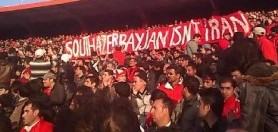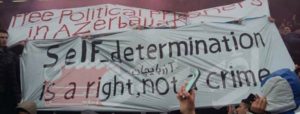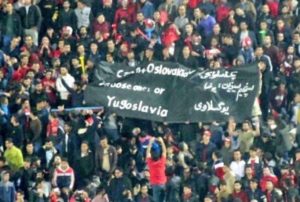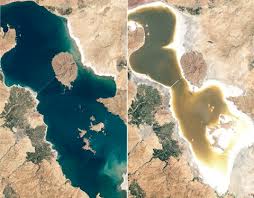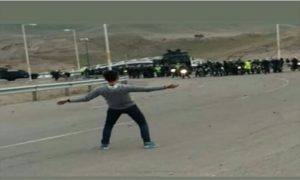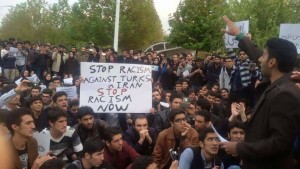Lake Urmia, which lies in the North-West part of Iran, is considered to be the largest lake in the whole Middle East (with a surface of about 6000 km2). However, since 1999, the water level in the lake has generally been declining, drying out 75% of the lake. The decline is linked to both continuous droughts and the construction of 47 reservoirs and dams on the lake’s tributaries under the pretense of agricultural development. In effect, flow of fresh water to the lake has been halted.
Environmental experts have repeatedly warned the government of Iran and the international community about the continuously declining water level in Lake Urmia, which leads to increased salinity, the destruction of the lake’s ecosystem and higher occurrences of wind-blown salt-storms in the region. This devastating process also seriously affect agriculture, which relies on the lake’s water to survive, as well as the lives of the local population – a majority of which are ethnic Azerbaijanis who have witnessed continued discrimination from Iranian authorities.
The issue of Lake Urmia is decidedly politicized, especially when taking into account the fact that the salt remaining from its drying up is incredibly rich in Uranium. Great risks exist of seeing the local population scattered away from their homeland as their habitat no longer allows them to survive – all because of the authorities’ (mis)management of Lake Urmia’s ecosystem.
The Iranian authorities have alleged that they have established a special commission to address Lake Urmia’s problems and have allegedly provided financial support for the improvement of the ecological situation in Southern Azerbaijan. The United Nations Development Programme (UNDP) has allocated a special fund for the prevention of the drying up of Lake Urmia. Although encouraging, these steps have not been able to stop the disastrous environmental situation in Southern Azerbaijan from worsening.
Many South Azerbaijan activists believe that the Iranian regime has been pursuing a strategy issued by the regime’s National Security Council to diminish the lake in order to utilized the lake’s uranium rich salt for its nuclear program.

